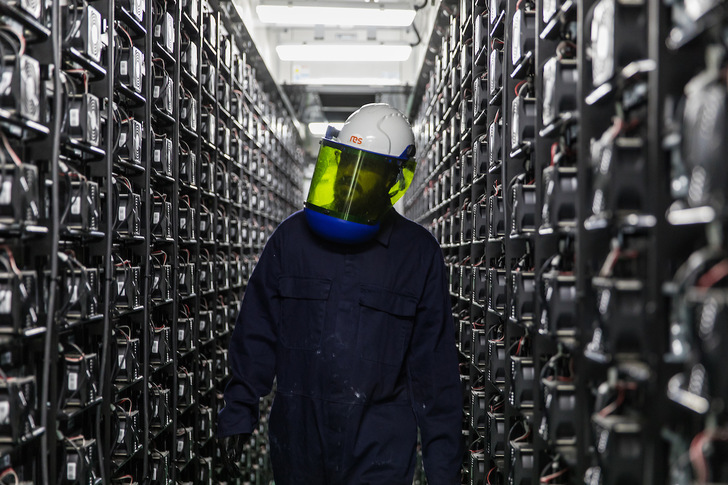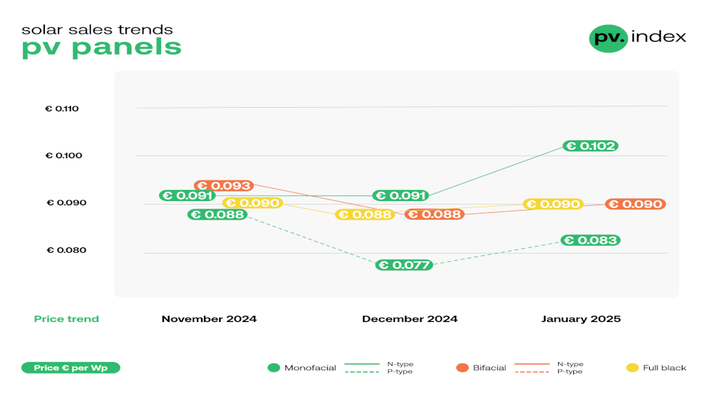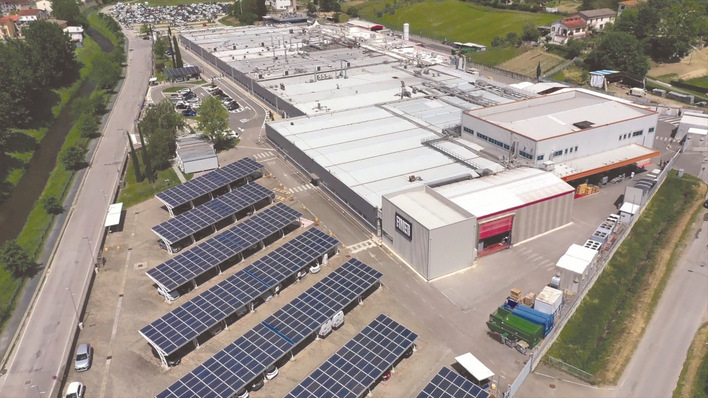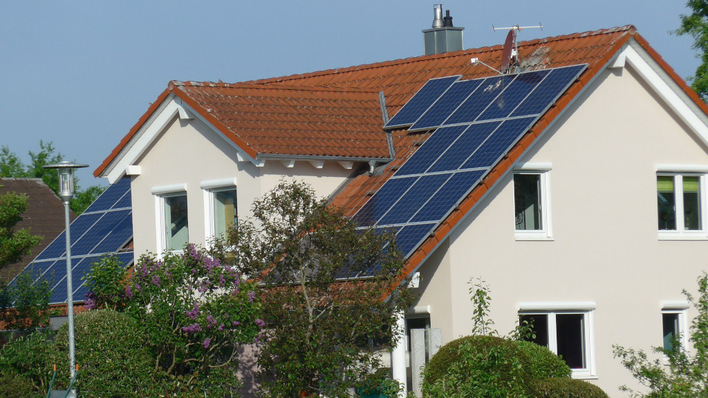The 99.9MW Lakeside Energy Storage project will be located in the Selby district of North Yorkshire and will be a key enabler to helping to use more renewable energy to power the UK.
The utility-grade batteries will store electricity from the national grid at times of low demand and high renewables generation, with the stored energy exported back to the grid at times of high demand and lower renewable electricity generation.
Once completed, Lakeside will become the largest energy storage project within RES’ 420MW portfolio. Alone it offers the potential to store enough energy to supply the daily power needs of over 20,000 homes.
Storage to maximise energy use
Alan McMahon, Head of Energy Storage at RES, said: “At RES we’re committed to ensuring that everyone has access to affordable zero carbon energy and energy storage is a tremendous way to use more renewable power more often.
See also: Solar-plus-storage in Yorkshire without subsidies
“Increasing energy storage capacity allows us to safely maximise the useable output from renewables and is a key part of the infrastructure required to power the energy transition and meet the UK’s climate goals.”
The development has consent for 51 energy storage containers and 42 transformers. Construction is expected to begin in late 2022, and the site is set to be fully operational by late 2023.
Biodiversity requirements are met
As with other RES projects, plans are in place to ensure the area in North Yorkshire benefits – including a biodiversity project which will exceed the Government’s desired 10% biodiversity net gain requirement. A total of 3.10 hectares of land is proposed for varying types of habitat creation. To help ensure the land’s national biodiversity is preserved, scrub habitats will be created elsewhere on the site to provide landscape screening, neutral grassland and sustainable urban drainage.
Did you know? Well-managed solar parks foster biodiversity and sustainable agriculture
Increasing energy storage capacity is essential for continued development and deployment of zero carbon renewable energy technologies such as solar and wind energy generation on a large scale. (mfo)








